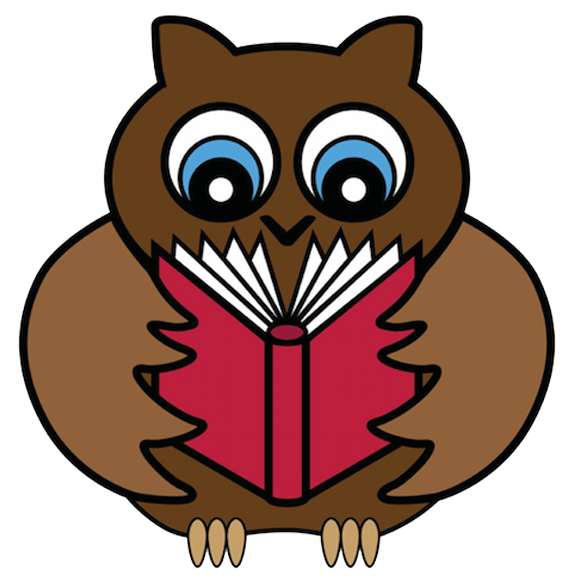Music
Intent
At Ernesford Grange Primary School, the intention is that children gain understanding of what music is through listening, singing, playing, evaluating, analysing, and composing across a wide variety of historical periods, styles, traditions, and musical genres. We wish to develop a curiosity for music, as well as an understanding and acceptance of the importance of all types of music and the role that music plays in people’s lives.
We are committed to ensuring children understand the value and importance of music in the wider community, and are able to use their musical skills, knowledge, and experiences to involve themselves in music, in a variety of different contexts, including learning a musical instrument and performing.
We are committed to ensuring children understand the value and importance of music in the wider community, and are able to use their musical skills, knowledge, and experiences to involve themselves in music, in a variety of different contexts, including learning a musical instrument and performing.
Implementation
Music at Ernesford Grange is primarily taught by a music specialist. Subject content is delivered both through the suggested Cornerstones lessons and discrete lessons where appropriate, ensuring that the whole programme of study has been covered across each key stage. To ensure clear progression of skills we use the Cornerstones skills and knowledge learning intention statements and Curriculum Maestro to plan and track music.
The music curriculum ensures students sing, listen, play, perform and evaluate. This is embedded in the classroom activities as well as weekly singing assemblies, various concerts and performances, the learning of instruments and the joining of our popular choir.
The music curriculum ensures students sing, listen, play, perform and evaluate. This is embedded in the classroom activities as well as weekly singing assemblies, various concerts and performances, the learning of instruments and the joining of our popular choir.
Impact
Music helps every child to develop a sense of achievement, self-confidence, interaction with and awareness of others and self-reflection. These are skills which will help them to succeed in many other areas of the curriculum.
At the end of each key stage, the children’s learning is assessed against the age-related expectation bands that are based on the 2014 National Curriculum statements for Music. It is assessed and recorded using Cornerstones Essential Skills using teacher assessment and judgements guided by our music specialist where appropriate.
At the end of each key stage, the children’s learning is assessed against the age-related expectation bands that are based on the 2014 National Curriculum statements for Music. It is assessed and recorded using Cornerstones Essential Skills using teacher assessment and judgements guided by our music specialist where appropriate.
KS1
Aims:
The national curriculum for music aims to ensure that all pupils:
1. Use their voices expressively and creatively by singing songs and speaking chants and rhymes
2. Play tuned and untuned instruments musically
3. Listen with concentration and understanding to a range of high-quality live and recorded music
4. Experiment with, create, select and combine sounds using the inter-related dimensions of music.
The national curriculum for music aims to ensure that all pupils:
1. Use their voices expressively and creatively by singing songs and speaking chants and rhymes
2. Play tuned and untuned instruments musically
3. Listen with concentration and understanding to a range of high-quality live and recorded music
4. Experiment with, create, select and combine sounds using the inter-related dimensions of music.
Lower KS2
Aims:
The national curriculum for music aims to ensure that all pupils:
1. play and perform in solo and ensemble contexts, using their voices and playing musical instruments with increasing accuracy, fluency, control and expression
2. improvise and compose music for a range of purposes using the inter‐related dimensions of music
3. listen with attention to detail and recall sounds with increasing aural memory
4. use and understand staff and other musical notations
5. appreciate and understand a wide range of high‐quality live and recorded music drawn from different traditions and from great composers and musicians
6. develop an understanding of the history of music
The national curriculum for music aims to ensure that all pupils:
1. play and perform in solo and ensemble contexts, using their voices and playing musical instruments with increasing accuracy, fluency, control and expression
2. improvise and compose music for a range of purposes using the inter‐related dimensions of music
3. listen with attention to detail and recall sounds with increasing aural memory
4. use and understand staff and other musical notations
5. appreciate and understand a wide range of high‐quality live and recorded music drawn from different traditions and from great composers and musicians
6. develop an understanding of the history of music
Upper KS2
Aims:
The national curriculum for music aims to ensure that all pupils:
1. play and perform in solo and ensemble contexts, using their voices and playing musical instruments with increasing accuracy, fluency, control and expression
2. improvise and compose music for a range of purposes using the inter‐related dimensions of music
3. listen with attention to detail and recall sounds with increasing aural memory
4. use and understand staff and other musical notations
5. appreciate and understand a wide range of high‐quality live and recorded music drawn from different traditions and from great composers and musicians
6. develop an understanding of the history of music
The national curriculum for music aims to ensure that all pupils:
1. play and perform in solo and ensemble contexts, using their voices and playing musical instruments with increasing accuracy, fluency, control and expression
2. improvise and compose music for a range of purposes using the inter‐related dimensions of music
3. listen with attention to detail and recall sounds with increasing aural memory
4. use and understand staff and other musical notations
5. appreciate and understand a wide range of high‐quality live and recorded music drawn from different traditions and from great composers and musicians
6. develop an understanding of the history of music
